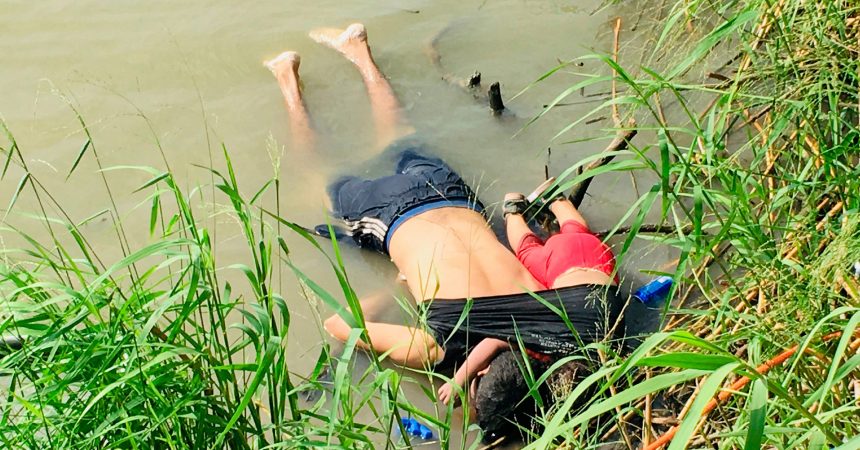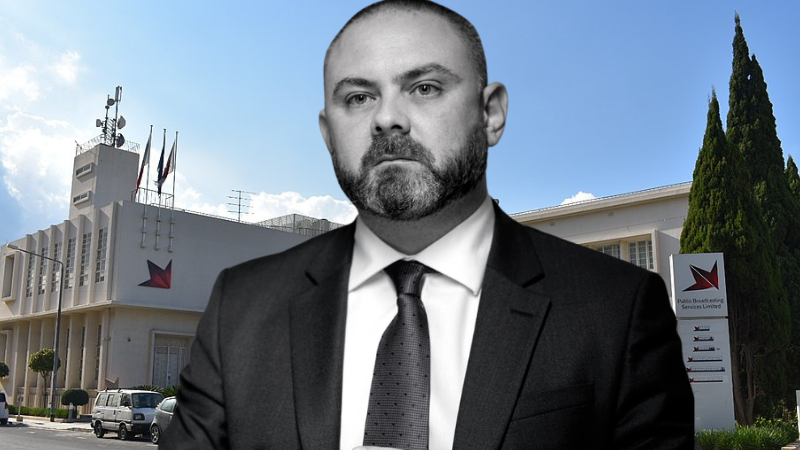Many Maltese people these days would have to answer “I hoped you’d drown before you came close enough for me to feed you.”
It sometimes hits me, when I read yet another vicious comment urging the government to abandon its duty to save the lives of fellow human beings in danger of drowning, that the scandal of our inhumanity is perhaps greater than any of the others.
The horror of what so many of my compatriots really are is encapsulated in those hateful lines, their callous disregard for human lives turned into political policy and their hideous baying translated into actual state-sanctioned killing.
To know that there are men, women and children in danger of dying and not go to their rescue, when you are perfectly able to, is nothing short of murder. To demand a rickety, failing vessel is turned away and sent back, despite the clear and obvious danger to the lives on it, is pre-meditated, deliberate massacre.
Reports suggest that more than 20,000 migrants have lost their lives in the central Mediterranean since 2014, trying desperately to reach Europe, a place they believe will give them a better life, a future without constant wars, drought, famine, obligatory military servitude or simply endless, grinding poverty.
A UN report published recently established that so-called pushbacks, turning away migrants and leaving them to their often-dire fates, go against fundamental human rights.
In a report that should have all Maltese hanging their heads in shame, we read a description of how pushback decisions in the middle of the COVID pandemic led to the collective expulsion at sea of 51 migrants via private vessels, and to the death of 12 migrants, reportedly due to the delay of search and rescue operations in 2020.
The report details how the Maltese government put in place a set of measures to deliberately avoid assisting migrants, to arrange unlawful pushbacks to Libya, to divert boats towards Italy rather than rescuing people in distress, to unlawfully detain hundreds of people on ill-equipped ferry boats offshore, and to have signed a new agreement with Libya to prevent people from reaching Malta.
The idea that we needed a UN report to tell us that this is unacceptable and inhumane is appalling in itself. Have we so lost sight of what it means to be human that we need to be reminded how sacred life is?
Growing up as a Roman Catholic child of devout parents and grandparents, attending a convent school still run by nuns in an era of absolute acceptance of the faith that informed our lives, the greatest imperative that was imposed on me and my contemporaries was to be kind.
The responsibility we all bear to and for each other was the single most powerful message of those lovely last days of a dying era. Look after those less fortunate than yourself, be kind to people, help them where you can, give as much as you can, whether it be money, time, a smile or a simple sandwich to a hungry stranger.
You couldn’t be happy if those around you were unhappy. You couldn’t enjoy your meal if you knew someone outside your door was hungry and had nothing to eat. You couldn’t take pleasure in a summer swim if you knew that your elderly neighbour was alone and lonely and needed someone to talk to for a few minutes. You certainly couldn’t be happy if you knew a boatload of frightened people was about to perish in terror on the high seas.
You don’t need to be a Christian to appreciate the beauty of the immortal words in Matthew’s gospel: “I was hungry and you gave me food, I was thirsty and you gave me drink, I was a stranger and you welcomed me, I was naked and you clothed me, I was sick and you visited me, I was in prison and you came to me.”
There’s pure truth in those words, instructing us to look after others, to be kind to others, to watch out for them.
By congregating in groups, protecting and nurturing each other, early humans were able to build up a strength, intelligence and advancement that gave them enormous advantage over other animals. The pledge that those who care for others will inherit the kingdom they were promised has already been borne out.
But we can just as easily lose it. Tediously I have to add that of course, there have always been “bad” people. Even within the church itself. Even within one’s class at school, in one’s family or among one’s friends and acquaintances.
But the difference is that there used to be more “good” people than “bad”. The majority not only obeyed the rules but recognised their importance to the continuation of the privileged life we lead as human beings.
We are in danger of losing that privilege though. Every time someone stamps his feet demanding a group of desperate migrants is left to die in the cruel sea, yet another fragment of humanity is chipped away. Every time we see a photograph of a little boy lying drowned, face down in the sand, and weep, yet turn around and with our next breath clamour for boatloads of his mothers, fathers, sisters and brothers to be turned away, sent back to slavery or to death, we’re losing a little bit of that which is essential to being human.
I too am a migrant, living in the UK since 2010. I have, unfortunately, met some extremely unpleasant people, the equivalent of our pushback-mongers in Malta. It’s a sickness that is not by any means purely a Maltese one.
But for Malta, a country that was known up to very recently as a haven of hospitality and kindness, this new willingness to just let people die rather than have to feed them, or give them something to drink, or God forbid, offer them somewhere to stay, is an absolute abomination.













So very true.May God help us to help other humans in distress.
70 euro cents help relieve hunger with #ShareTheMeal from the World Food Programme.
It’s both scary and sad to see what supposed human beings are capable of.